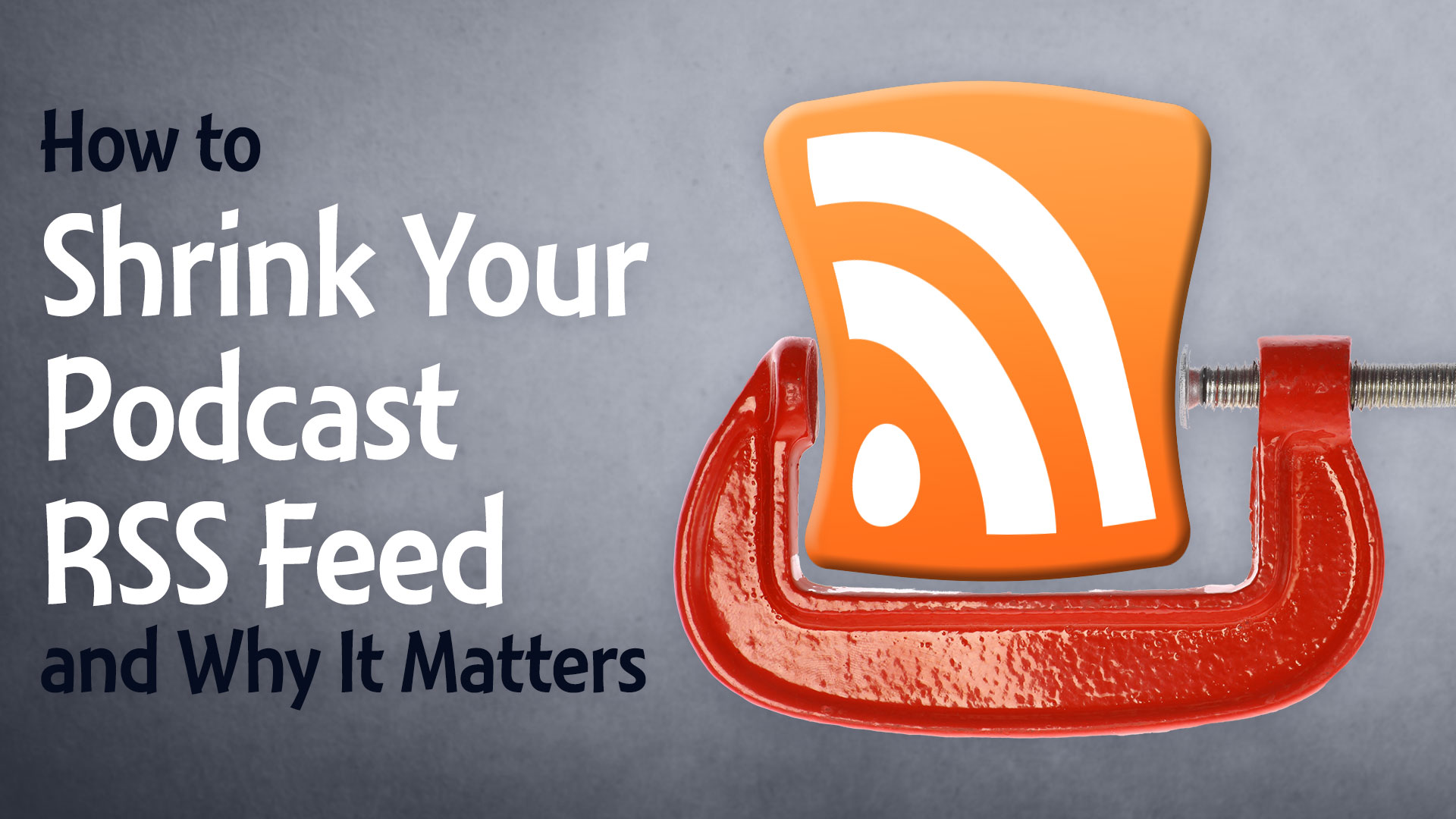
You would need to determine the service provider that you’d like to go ahead with (OVH, Online etc.) and decide on the server size (depending on the number of episodes in your podcast and the weight of your episodes). The most technical solution to host your podcast consists of renting a web server. Each of these two possibilities has its own advantages and disadvantages.

However, they are also various turnkey solutions which can be easier to access. For the connoisseurs among you, a DIY option exists.

To host your audio file, you can use any web host or server accessible on the Internet. mp3 so that it can easily be read on all platforms. The file should preferably be encoded in. The first step is to host your podcast’s audio file online. They would/should only exist within each user’s profile.To be accessible on listening platforms, your podcast will need to meet two requirements: be hosted online and have a podcast RSS feed.

Microsoft Word - Podcasting Legal Guide (Final-updated).doc ()Īlso, technically you (Deezer) wouldn’t/shouldn’t be advertising/displaying user-added RSS feeds on Deezer, therefor not needing to alert the publisher. Deezer is even listed on the “Podcatchers” Wiki page as a podcatcher! So maybe something has changed in the 2-3 years this was first requested? That said, I’m no lawyer nor offering legal advice, but at least with Creative Commons licensing, there doesn’t appear to be any requirements for a “podcatcher” to obtain approval from the podcaster if it’s being made public via an RSS feed. I really, really wish there was more of a podcast selection, or the ability to add RSS so I can consolidate my music/podcast apps. After the carousel of different streaming services I’ve tried since Google Play Music, I’ve found Deezer to be the best and closest in functionality.


 0 kommentar(er)
0 kommentar(er)
